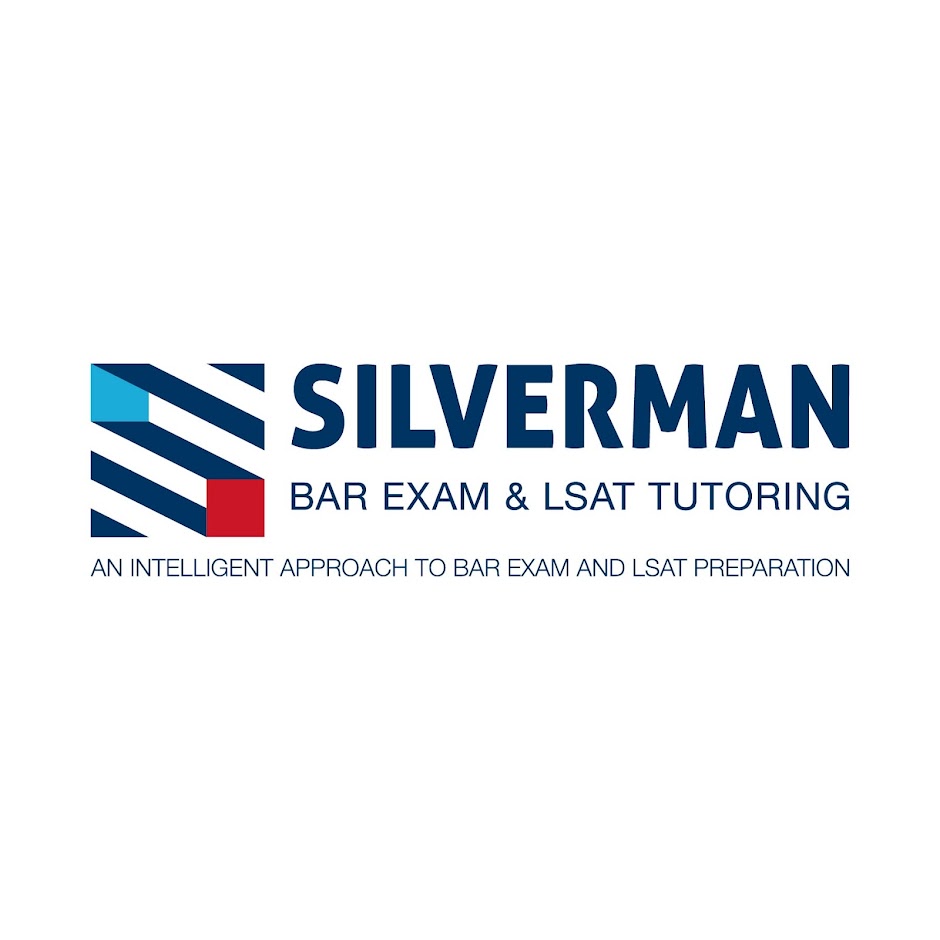Interrogatories (Civil Procedure) is a topic on which the test writers are going to try to catch you on the nuances. There are only so many places they can go, but there are so many places they can go.
Although the parties can stipulate otherwise, unless otherwise stipulated, a party may serve on another party no more than 25 written interrogatories. Note, importantly, that interrogatories are served on parties, not non-party witnesses.
An interrogatory may relate to any discoverable matter. It's not objectionable merely because it asks for an opinion that relates to a relevant fact, but the court may order that the interrogatory need not be answered until discovery is complete, or until there has been a pretrial conference, or etc.
Interrogatories must be answered by either the party to whom they are directed or if that party is a public or private corporation, a partnership, or another type of business association, an officer or agent of that association. The agent or officer will furnish the requested information to the party to whom the interrogatory was directed.
The responding party must serve its answers (or objections) within 30 days after being served with the interrogatories. Once again, this is the default, but, as is often the case, a stipulation or court order can modify the default rules. If no objection, then each interrogatory must be answered separately and fully in writing and under oath. Any grounds for objecting must be stated with specificity. Failure to object may result in waiver unless the court, for good cause, excuses that failure to object. The party answering the interrogatories must sign, and if an attorney objects to any interrogatory, that attorney must sign any objections.
If an answer to an interrogatory may be determined by reviewing a party's business records, and if the burden of ascertaining the answer will be substantially the same for either party, the responding party may answer by specifying the record that must be reviewed in sufficient detail to enable the interrogating party to locate and identify those records as readily as could the responding party. In addition, the interrogating party must be given a reasonable opportunity to examine and audit the records and to make copies, abstracts, summaries, etc. This rather nuanced rule about business records and interrogatories has been tested in the past.

No comments:
Post a Comment